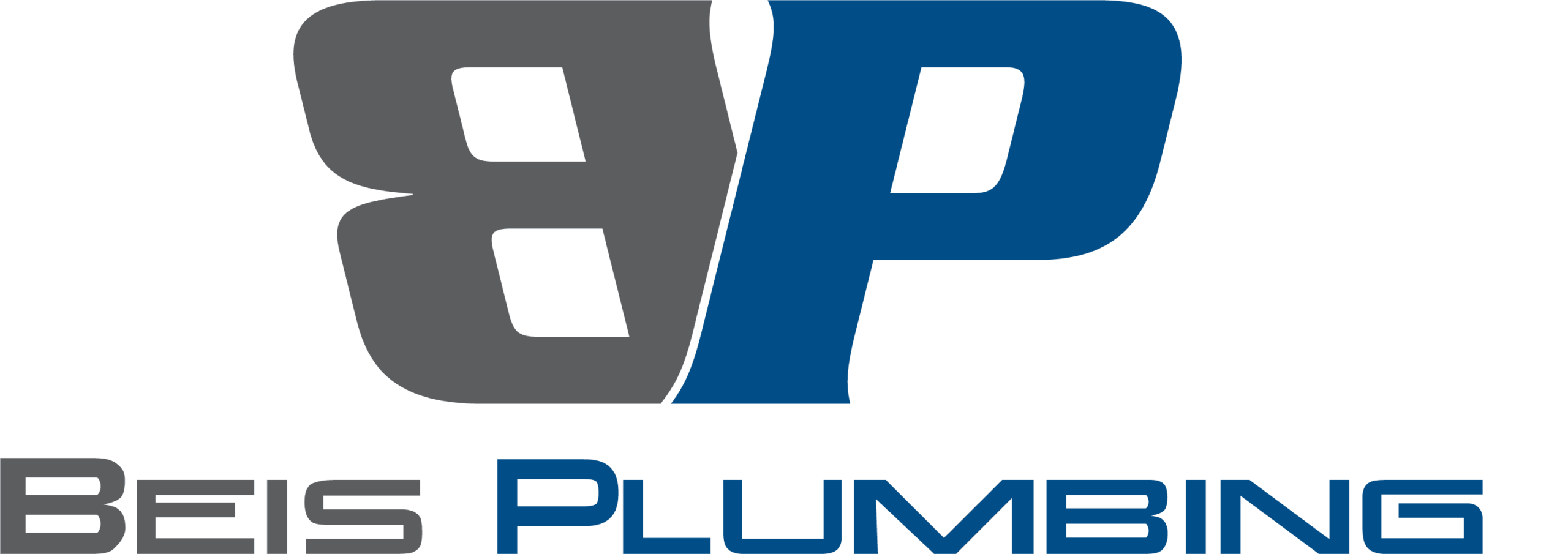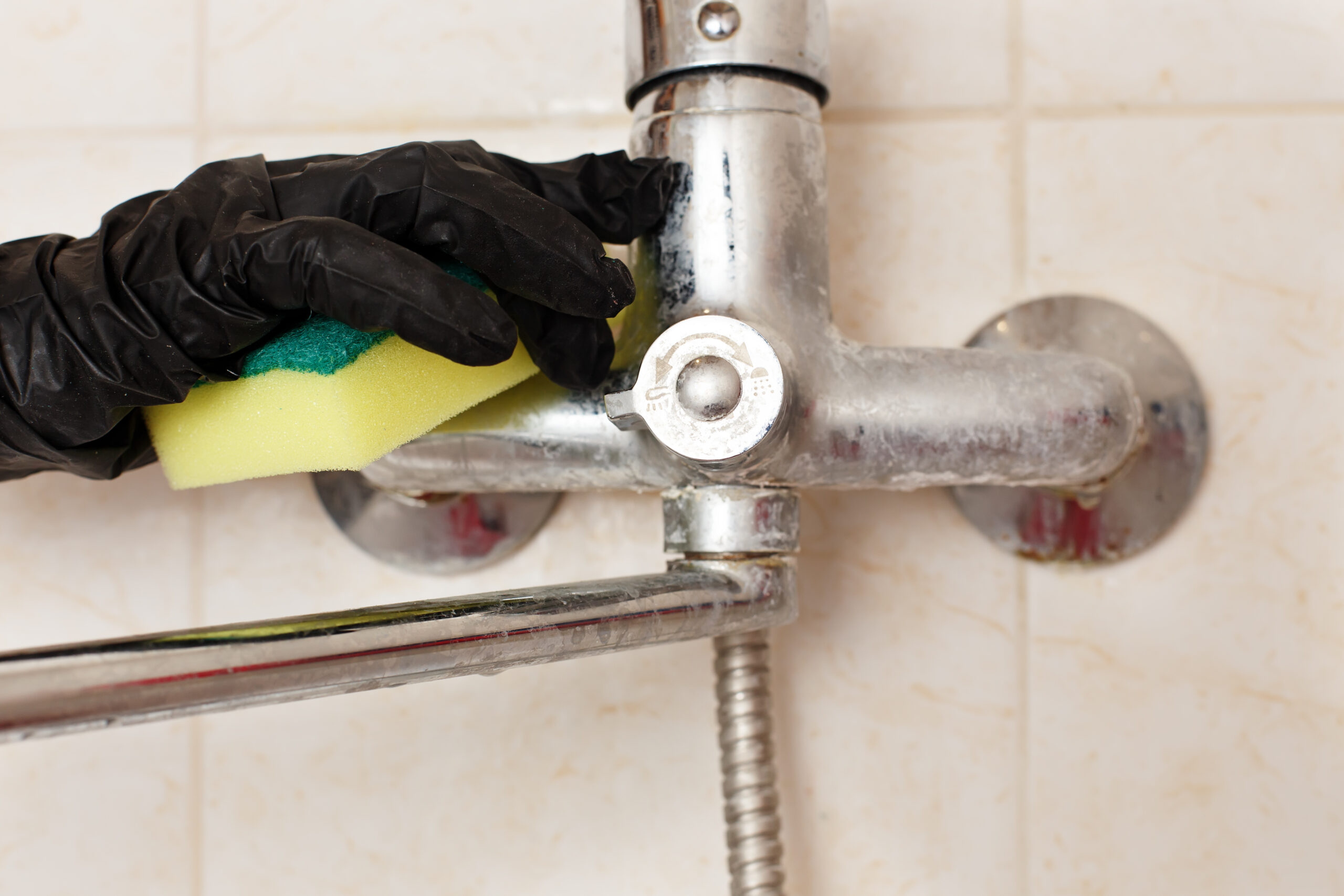Ever notice chalky buildup on your faucets, soap that won’t lather, or laundry that feels stiff after washing? These might seem like minor annoyances, but they’re all clues that point to one common issue: hard water. If you’ve been wondering how to tell if you have hard water, you’re not alone—many St. Louis area homes deal with it every day.
Understanding the signs can help you take the right steps to protect your plumbing, improve comfort, and save money in the long run.
What Is Hard Water, Exactly?
Hard water contains high levels of dissolved minerals—mainly calcium and magnesium. While it’s not dangerous to your health, it can be tough on your home. In areas like St. Louis, where water is considered “moderately hard” by national standards, mineral buildup happens over time and affects everything from your shower routine to the lifespan of your appliances.
Signs You Might Have Hard Water
If you’re trying to figure out how to tell if you have hard water, keep an eye out for these telltale signs:
- White, crusty buildup on faucets and fixtures
These are calcium deposits—often called “limescale”—that form when hard water evaporates and leaves minerals behind. - Soap that doesn’t lather well
Hard water makes it harder for soap to foam, so you may find yourself using more than usual to get the same clean feeling. - Spots on dishes and glassware
Minerals in the water leave behind residue even after a full dishwasher cycle. - Dry, itchy skin or dull hair after showering
Hard water can strip your skin and hair of natural oils, leading to irritation and buildup. - Stiff, faded laundry
The minerals in hard water interfere with detergent, making clothes feel scratchy and look worn out more quickly. - Shortened lifespan of appliances
Water heaters, dishwashers, and washing machines are especially vulnerable to scale buildup, which makes them work harder and wear out faster.
How To Confirm It
While the signs are helpful, the most accurate way to confirm hard water is to test it. You can purchase a simple test strip from a hardware store or call a professional plumber for a full water analysis. At Beis Plumbing, we offer in-home water testing across the St. Louis area to give you a clear picture of what’s flowing through your pipes.
According to the U.S. Geological Survey, over 85% of American homes have hard water—and the Midwest, including Missouri, sees some of the highest levels (source).
What You Can Do About It
If your home has hard water, the good news is that it’s fixable. Installing a water softener can make a dramatic difference in water quality, appliance longevity, and day-to-day comfort. These systems remove excess minerals before they enter your plumbing system, protecting everything from your showerhead to your water heater.
Beis Plumbing installs and maintains softeners for homes throughout the St. Louis metro—from Sunset Hills to Maryland Heights—and we’ll help you choose the system that’s right for your household.
Ready to Soften Things Up?
Still unsure how to tell if you have hard water or what to do about it? Let Beis Plumbing help. We’ll test your water, explain your options, and install the right solution to keep your home running smoothly and comfortably.
Reach out today to schedule your in-home water test or water softener consultation. Your pipes—and your skin—will thank you.

